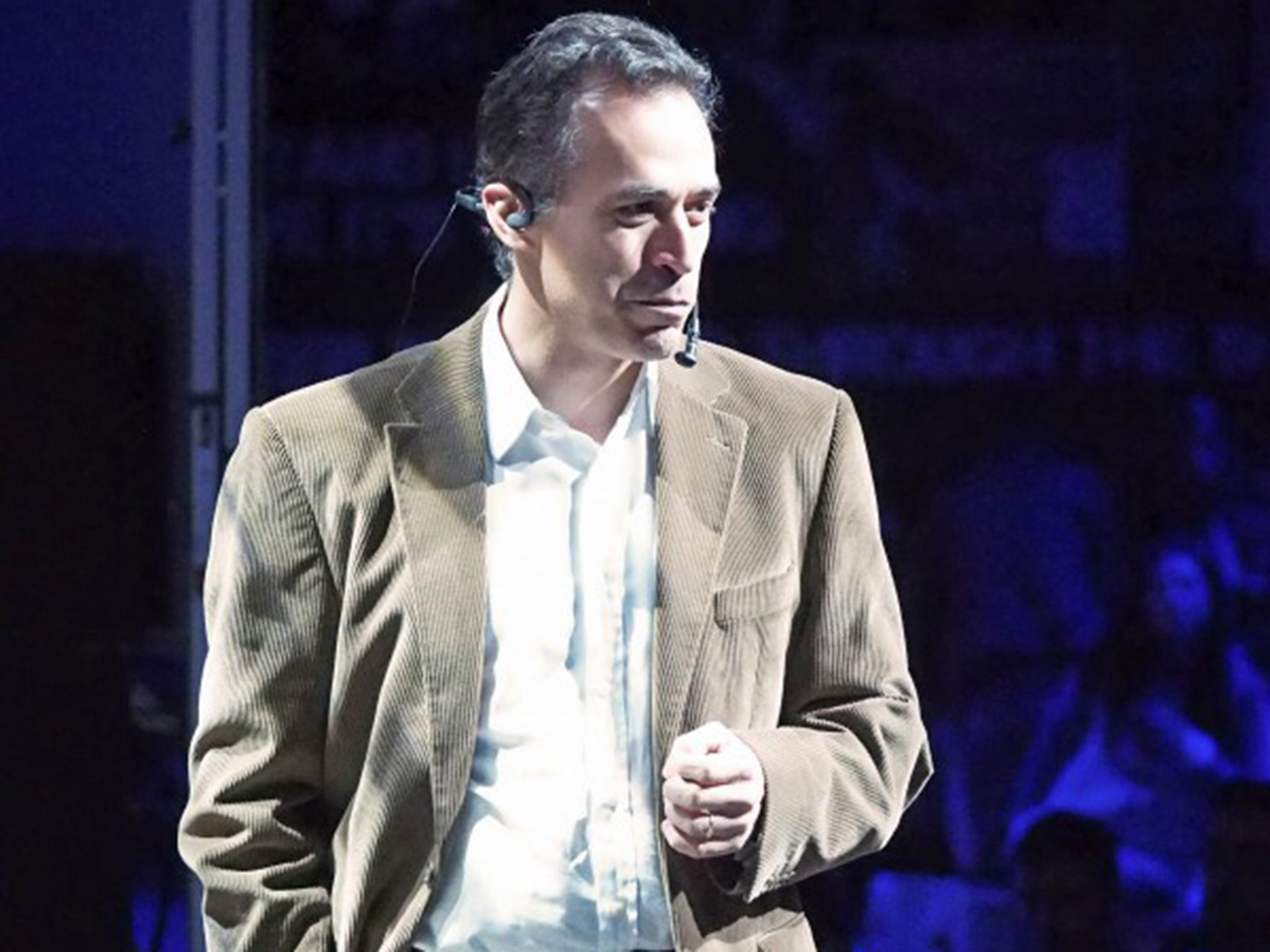Globo sails too close to the wind
Short-sellers, who questioned the revenues and profits claimed by the software company, may have been vilified in the past. But, as Jamie Nimmo reports, they can be right

It was not so long ago that short-sellers were looked upon as the lowest of the low in the financial world.
In the aftermath of the financial crisis, the finger of blame was pointed at investors who practised short-selling – in effect a bet on share prices falling. “Vultures”, “cheats”, “criminals” are just a handful of names they were called as they profited from the collapse of the global financial system. A ban was imposed on all short-selling of financial stocks and regulation tightened. New rules introduced in 2012 mean companies are now forced to disclose their short positions to the financial watchdog, which publishes them, in an attempt to make the practice more transparent.
Since then, short-selling is now becoming more widely accepted by the financial community. Mainly because it is easier to practise than it used to be – even retail investors are able to take out short positions on popular trading websites.
An increasingly common tactic from short-sellers is to issue a critical report to help the share price on its way down.
The latest to do this was Quintessential Capital Management – a little-known New York-based hedge fund whose 39-page report on Globo alleged that the AIM-listed company, which is behind a mobile business software product, made up clients and falsely inflated revenues and profits.
“While a minor portion of its business is authentic, the results of our investigation strongly suggest that at least 60 per cent of Globo’s turnover is fabricated,” Quintessential claimed.
None other than Simon Cawkwell, the veteran UK-based short-seller better known as Evil Knievil, urged Quintessential to investigate Globo, having shorted it for years.
On Friday, Globo suspended trading of its shares on AIM so it could issue a rebuttal before the shares plunged – as they have historically when this type of report has been published.
“Globo completely refutes all allegations made in this report,” the company stated.
On Saturday, an emergency board meeting was held by Globo – which at its peak in 2013 was worth £330m – to come up with ways of defending itself against Quintessential’s comments.

But yesterday the company revealed to stunned investors that Costis Papadimitrakopoulos (below), its chief executive, and Dimitris Gryparis, the chief financial officer, had quit after admitting to “the falsification of data and the misrepresentation of the company’s financial situation”.
Makis Bonanos, the chief operating officer, was also suspended and a committee of non-executive directors established to “ascertain the true financial position of the company”.
Globo’s lawyers are understood to have notified the Serious Fraud Office and the City of London Police, and its executives face criminal charges. Worse still, Mr Papadimitrakopoulos failed to disclose that he sold 42 million shares up to 22 October. It is unclear when he sold them, but at the current share price they would be worth £12.4m.
He also pledged 10 million shares against personal loans to Hong Kong-based Lantau Holdings. The loan will now default, which means the deal is essentially a share sale.
It is reminiscent of the share-dealing scandal involving former Quindell boss Rob Terry, who offered up shares as collateral, before refusing to buy them back when the price fell.
Quindell, another former AIM software darling, was also the victim of a short-selling attack when Gotham City Research, run by Daniel Yu, took aim in April last year. The US firm claimed that as much as 80 per cent of Quindell’s reported profits were “suspect” and was suspicious about how the former country-club operator was able to generate “Google-esque profit margins” in just two years.
The attack knocked almost £1bn off Quindell’s market cap and despite repeatedly rejecting the allegations, the SFO is now investigating it for accounting fraud after massive writedowns in its 2013 and 2014 accounts.
Quindell wasn’t Gotham City’s first scalp. It took on Spanish wi-fi provider Let’s Gowex last July and was vindicated after the chief executive admitted to manipulating its accounts just a week later.
But a company does not have to go bust for a short-seller to be vindicated.
Ben Edelman, the Harvard Business School professor and self-styled online advertising guru, took a significant chunk out of the share price of Blinkx in January last year in his report, for which he was paid by two unnamed US investment firms.
More recently, shares in business incubator Allied Minds, which counts Neil Woodford’s fund as a backer, plummeted as the US hedge fund Kerrisdale Capital tore the investment proposition apart in a 28-page report.
“Allied Minds is … a dressed-up collection of high-risk, low-reward gambles that we believe has at least 70 per cent downside,” it said.
Allied Minds’ share price has recovered some of the value lost and while there was no insinuation of misconduct, investors’ confidence has been shaken by the criticism.
Gotham was vilified by Quindell’s evangelical followers as “unethical” and “pirates”. But is questioning a company’s business model for financial gain any different to a broker compiling bullish research for the same reason?
David Lewis at SunGard’s short-selling data specialist Astec Analytics argues that short-selling serves a valuable purpose: “The ability to short a security … helps expose over-valued shares which are effectively attracting and risking investors’ capital in assets worth less than their market price.”
In other words, if nobody had flagged concerns about Globo, the shares would only have come crashing down to earth with an even bigger bang further down the road.
Join our commenting forum
Join thought-provoking conversations, follow other Independent readers and see their replies
Comments
Bookmark popover
Removed from bookmarks